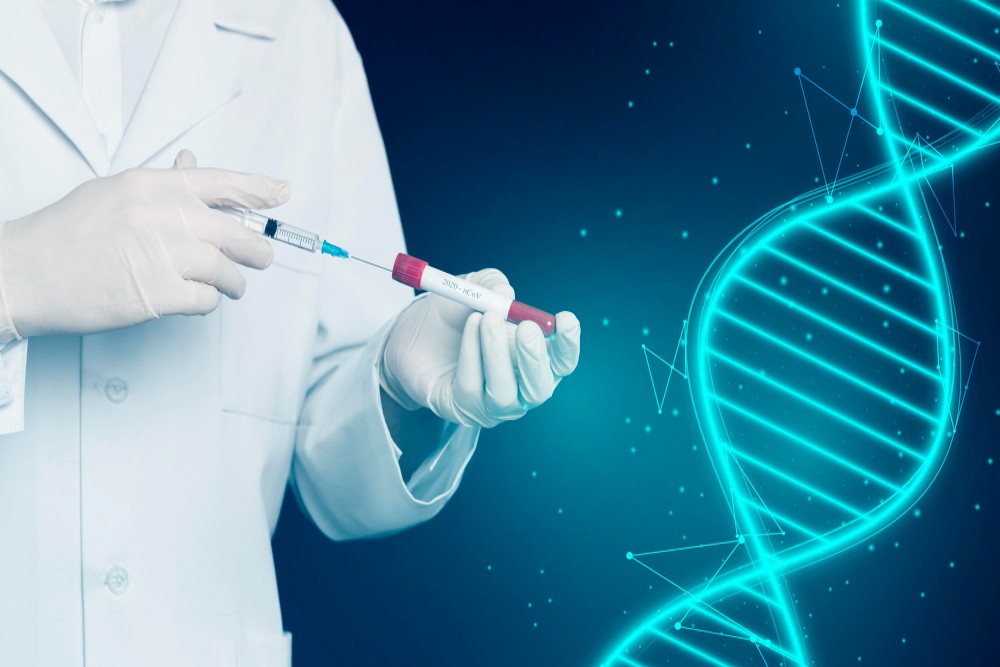Regenerative Medicine
What it is:
Regenerative medicine is an innovative field of medicine focused on repairing, replacing, or regenerating damaged or diseased tissues and organs. It involves using stem cells, growth factors, and tissue engineering to promote the body’s natural healing processes. This approach aims to restore the function of damaged tissues or organs instead of merely treating symptoms.
Who needs it:
Regenerative medicine is ideal for individuals with:
- Chronic conditions (e.g., arthritis, osteoarthritis, tendonitis)
- Musculoskeletal injuries (e.g., ligament, tendon, and cartilage damage)
- Degenerative diseases (e.g., spinal cord injuries, heart disease)
- Wound healing issues (e.g., diabetic ulcers, burns)
- Chronic pain and inflammation from conditions like osteoarthritis or joint degeneration
Benefits:
- Promotes natural healing: Stimulates the body’s repair mechanisms to restore damaged tissues.
- Reduces the need for surgery: Many regenerative treatments can delay or prevent the need for invasive procedures.
- Improves function and mobility: Helps patients regain strength and mobility in damaged joints, muscles, or tissues.
- Minimally invasive: Regenerative therapies often require less downtime and have fewer complications compared to traditional surgical treatments.
- Long-term relief: Can provide lasting improvements, reducing reliance on medications and therapies.
Procedure:
- Stem Cell Therapy: Stem cells are harvested, typically from the patient’s own body (bone marrow, adipose tissue), and injected into the damaged area.
- Platelet-Rich Plasma (PRP): A concentrated form of platelets and growth factors from the patient’s blood is injected into the area of injury to accelerate healing.
- Tissue Engineering: In some cases, tissue scaffolds or engineered tissues are used to promote regeneration.
Recovery:
- Recovery time varies depending on the type of treatment and the area being treated.
- Most patients experience mild discomfort after the procedure, but this usually resolves within a few days.
- Follow-up treatments may be required to enhance the healing process.
- Results from regenerative medicine therapies may take weeks to months to fully materialize.
Regenerative medicine holds immense potential for treating a wide range of conditions, offering patients a chance to heal naturally and avoid more invasive treatments like surgery.
